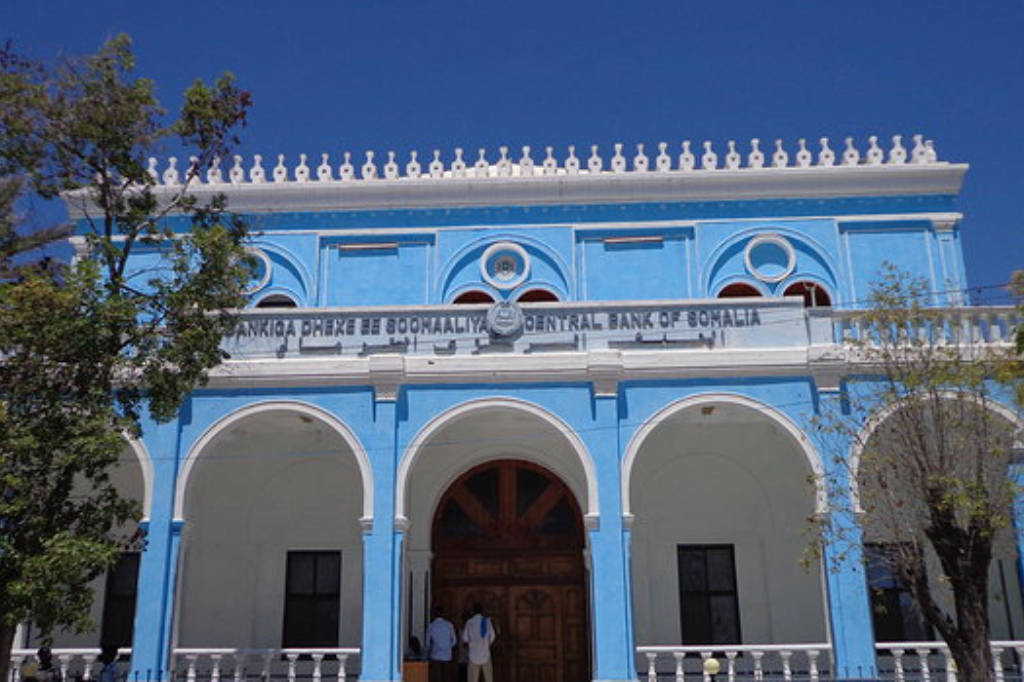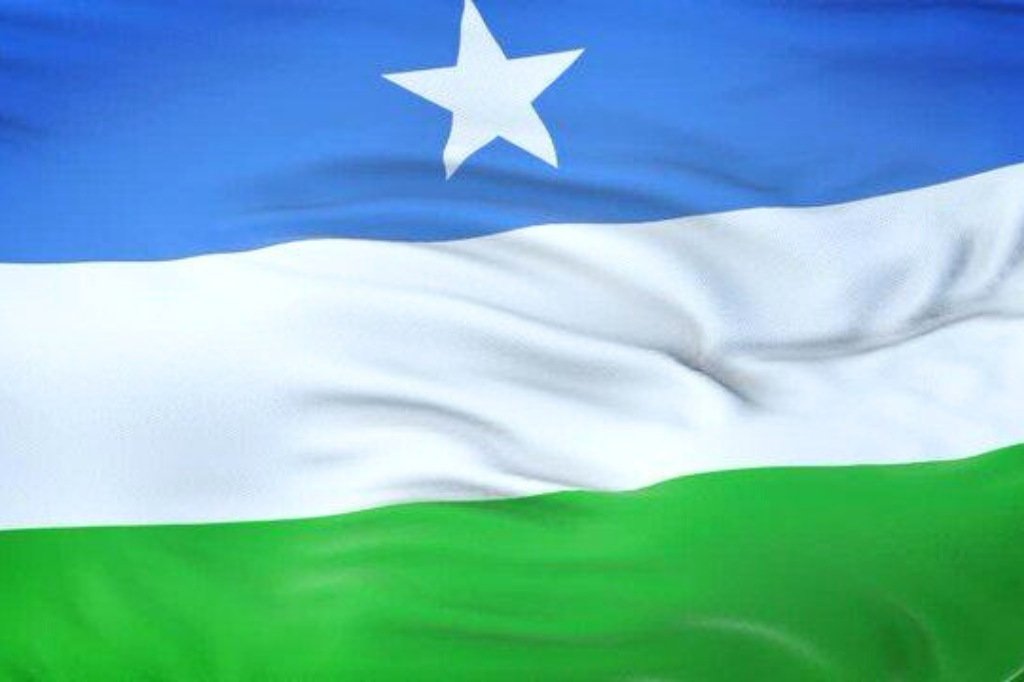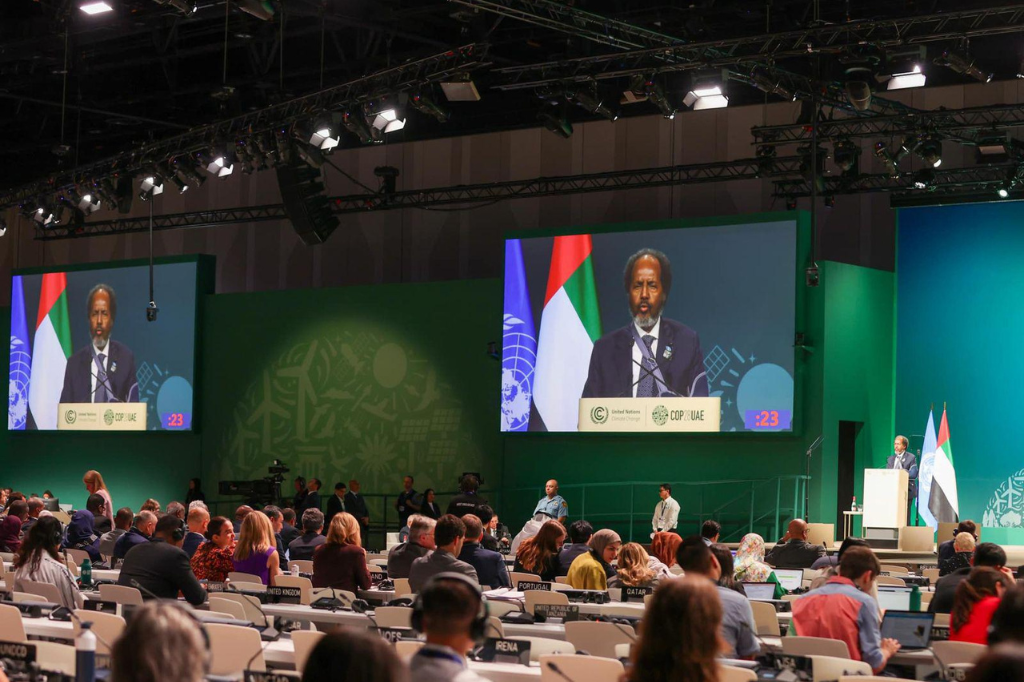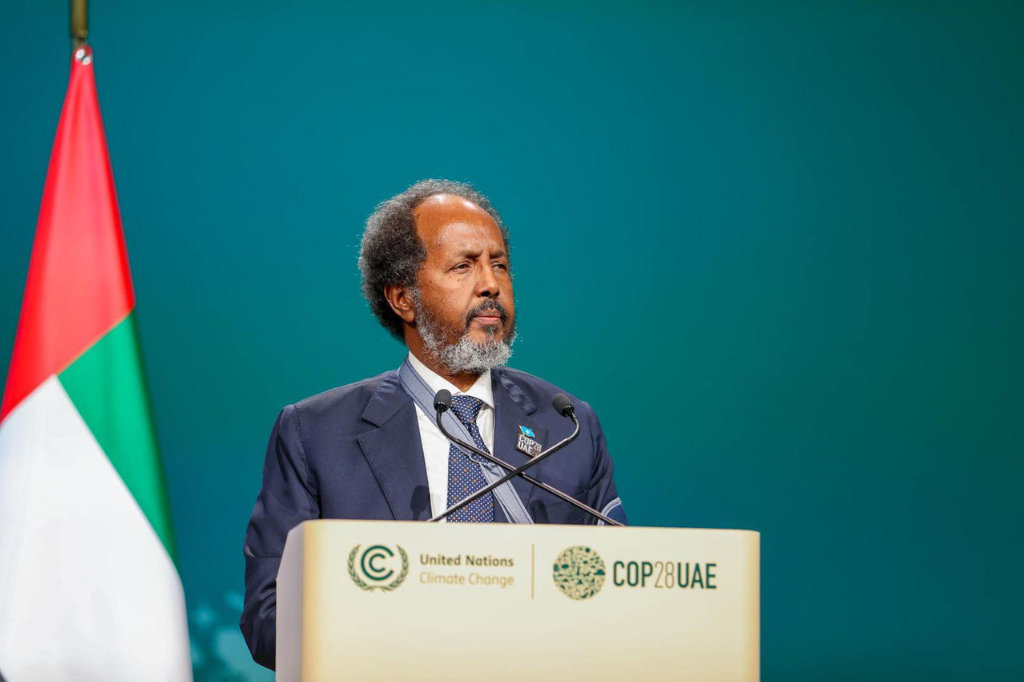
Is Somalia Ready for Foreign Banks?

After decades of protracted conflicts that ravaged all economic institutions, Somalia has recently shown nascent economic development, especially a thriving financial sector. The banking sector is growing with a mixture of commercial banks and money transfer operators, offering various financial services to the Somali people.
Nonetheless, these ever-increasing financial institutions have no corresponding banking relationship with each other or the global financial system. Taking advantage of this situation, foreign banks have shown interest in Somalia’s financial market over the last few years.
The licensure of two foreign banks by the Central Bank of Somalia (CBS) to fully operate in Somalia presents an excellent opportunity for the country’s nascent banking System.
The Banque Misr, founded in 1920 is an Egyptian Bank, and Ziraat Katilim Bank, founded in 2015 and part of Ziraat Finance Bank, based in Türkiye; both state-owned, are primed to become the first two foreign banks to operate in the country. This move presents an immense opportunity for Somalia’s economic growth and will jumpstart the country’s nonexistent foreign portfolio.
The two banks bring a wealth of opportunities and experience to Somalia. However, with insufficient banking infrastructure, Somalia might miss out on capitalizing on this if urgent industry-wide reforms are not adopted. The country’s developing banking system has operated in an environment unique to Somalia, a system with no money supply and inadequate financial laws. This contrasts with the formal new banks joining the economy.
This paper analyses the impact of the entry of foreign banks into Somalia’s banking sector; espousing the opportunities the country can leverage to maximize the potential of its financial and banking sectors.
Historical Context
The development of the financial services sector in Somalia has been somewhat of a roller coaster ride over the years with its highs and lows. The building blocks of the industry were laid within the first decade of Somalia gaining independence after laws such as the Central Bank Act, Law No. 27/1968[1] were adopted.
The sector, however, drastically changed after the takeover of power by General Siad Barre through a coup d’état in 1969. The new dictatorial regime nationalized[2] all foreign banks and formed the Somali Commercial Bank and totally collapsed after the fall of Barre’s authoritarian regime in 1991.
The ensuing nearly two decades gap was filled by remittance companies known as Money Transfer Operators (MTOs) and Mobile Network Operators (MNOs) and have long acted as informal banking networks. The MTOs and MNOs created a robust trust-based infrastructure and facilitated much needed remittances from the vast Somali diaspora as well as enabling local money transfers. It was not until 2009 that the new era in the industry emerged with the establishment of Salaama Somalia Bank (SSB), the country’s first private commercial bank. This paved the way for new banks and resuscitated the once moribund banking industry in the country.
Current State of the Banking Sector in Somalia
Today, the financial services sector in Somalia is dominated by 10 commercial banks and 11 Money Transfer Businesses (MTBs) that have all been licensed by the Central bank of Somalia. Some of these banks include Premier Bank, Dahabshil Bank, Salaam Bank, International Bank of Somalia, Amal Bank, Amaana Bank and Daryeel Bank.[3] Three other local banks have also been granted licenses and will soon be setting up their operations.
Some of these banks evolved from MTOs and continue to provide a mixture of money transfer services (Hawala) and formal banking simultaneously. For example, Salaama Bank, the country’s first private bank is a sister organization of Hormuud Telecom, the largest telecommunications service provider in Somalia. Therefore, Salaama Bank enables the telecom to integrate its money transfer business and banking to reach broader customer base. Similarly, Dahabshiil Bank International (DBI) metamorphosed from Dahabshiil money transfer service, which is one of the oldest Hawala systems in the country.
Premier Bank and the International Bank of Somalia (IBS) are the largest retail banks in the country that only focus on providing banking services. The two banks have also recently started providing Master and Visa cards to their customers to support global transactions.
In 2017 and 2018 the total assets and credit offered to the private sector in Somalia by the commercial banks were estimated to be about 4 percent and 1.3 percent of Somalia’s GDP respectively[4]. Nonetheless, the banks’ assets have seen tremendous progressive improvements since 2015, and their capitalization remains broadly adequate[5]. The total assets in the industry are worth about $1 billion.
The sector’s growth since 2009 can also be attributed to the legal and policy infrastructure set up during that period. There have been many important legislations and policies that have been enacted to protect both banking institutions and consumers. The primary legislation in the industry is the Financial Institution Law No. 130/2012, which provides the general guidelines of financial institutions’ operations, both Islamic and conventional.
The Central Bank (Mobile Money) Regulations, 2019, is in place and provides the regulatory framework for monitoring, controlling, and supervising mobile money transactions in the country.
The Central Bank of Somalia (CBS) itself, in its current form, was established under the Central Bank Act, law no. 130 of 22 April 2012 as the primary institution for licensing, regulating, and supervising the banking sector in the country[6]. The Act also outlaws unlicensed banking and requires all banks operating in the industry to be duly licensed.
Another important legislation in the industry is the Anti-Money Laundering and Countering the Financing of Terrorism (AML/CFT) Act, 2016, which aims at detecting, deterring, and disrupting money laundering and terrorist financing within the financial sector[7].
The law also protects financial institutions from being abused for criminal practices, thereby protecting the industry’s reputation and reducing operational risk.
Existing Gaps in the Current Banking Framework in Somalia
Noticeably, there is a significant gap between the existing legal and regulatory frameworks in the industry and the implementation of the laws. The existing laws and regulations have not been fully implemented, indicating underlying industry-wide challenges. For instance, local governments have not been effective in implementing existing laws, paving the way for impunity and hampering the ability of the industry to realize its potential. As a result, the industry has poor levels of accountability and transparency.
The lack of implementation of existing laws and regulations can be attributed to a myriad of issues, including insufficient enforcement mechanisms and political challenges in government. Besides, the federal government lacks the capacity to enforce and monitor the implementation of the rules and regulations.
There is a need to enhance existing laws to create a more robust legal environment in the industry. There are insufficient legal mechanisms to safeguard against essential aspects of financial services such as privacy, disclosure, fraud prevention, anti-usury lending, and promoting lending to lower-income populations. As a result, the risk of banking in Somalia is exceedingly high.
Fundamentally, the banking sector in the country is torn apart due to legal and monetary limitations that only increase the risk of financial transactions within the Somali economy. The sector bleeds from a lack of unifying regulations and laws that would protect users of the financial services while also offering protection to the banks. The banks in the country primarily operate through their own internal mechanisms due to the lack of industry-wide legislation.
Despite the existing framework for banks to operate, the Financial Institution Law has many grey areas and legal gaps that fail to provide adequate protection. For example, the law doesn’t mandate the Central Bank of Somalia to draft monitoring and regulatory framework to include micro-finance operations under its ambit. This leaves the microfinance industry largely informal and unregulated, despite the microfinance institutions playing a crucial role in financing its customers’ needs.
The other visible gap in the country’s banking sector is the lack of money supply. Though the CBS has been re-established, staffed, and funded, it ‘has no control over either the exchange rate or the supply of the Somali shilling’. While the Somali Shilling is the official currency in Somalia, its value plummeted significantly in the post-civil war era, rendering the currency virtually useless, especially for large financial transactions. In its place, the US Dollar became the accepted medium of exchange due to the lack of confidence in the Somali shilling.
Therefore, CBS does not fully control the country’s monetary policy. The bank ‘has not issued any banknotes since 1991, resulting in a largely dollarized economy’ (IMF, 2017: 8). The financial sector is effectively stuck between the dominant money transfer companies and a small and relatively weak banking sector.
Emerging Issues
Despite showing such great promise, there are still several critical issues that must be addressed to strengthen the financial services sector in Somalia in general, and the banking industry in particular. For example, there are inadequate institutional mechanisms for ensuring financial transparency in the industry. While many laws do exist to promote accountability and transparency, such laws are lethargically implemented. This leaves room for mischief and impunity, which ultimately minimizes trust in financial institutions.
Another notable concern in the industry is the lack of institutional trust between the Federal Government of Somalia (FGS) and local commercial banks. Due to perpetual political upheavals and instability, commercial banks are apprehensive in dealing with the government.
The primary goal of the FGS must be to ensure political stabilization, rebuild state institutions, improve economic resilience, and reduce poverty. This calls for the creation of several laws that strengthen institutions, attract investment, and improve the socio-economic lives of the people. Therefore, banking regulations are inevitable. However, for an industry that has operated in a laissez-faire mode for many years, new legislations and regulations are often seen as a move to curtail freedom and introduce barriers to entry into the industry.
There is also a worrying sense of a general lack of commitment by local commercial banks in the country, mainly due to capacity. Since the banking industry is still young, there are not a lot of infrastructures that can make local banks competitive. The banks luck the much-needed infrastructure, including human resources, technology, and a strong legal environment, to actualize their potential. The banks also provide only a limited number of products and services to a small segment of the country’s demographics.
Another notable issue in the current banking environment in Somalia is the lack of correspondent banking relationships (CBRs). A correspondent banking relationship involves one financial institution (the correspondent) providing banking services to another financial institution (the respondent). Somali banks do not have correspondent relationships amongst themselves, which makes it difficult for inter-bank financial transactions. However, CBS recently launched national payment systems in an effort to harmonize financial services and enables different banks to make payments to each other. The banking industry in Somalia is also delinked from the global banking sector as Somali commercial banks do not have SWIFT Codes. A SWIFT code is a standard format for Business Identifier Codes (BIC)[8].
Banks and financial institutions use them to identify themselves globally. It says who and where they are — a sort of international bank ID. The SWIFT codes are used when transferring money between banks, particularly for international money transfers or single euro payments area (SEPA) payments. Banks also use these codes to exchange messages with each other. Therefore, without the SWIFT codes, it is impossible for Somali banks to communicate with other banks internationally, making it extremely difficult to conduct wire transfers from foreign banks directly into Somali Banks.
The Impact of Foreign Banks
Foreign banks bring in a wealth of resources and experience that have the potential to improve the financial services sector in developing economies. Most foreign banks that venture into other markets are usually successful in their home markets and would utilize their experience to succeed in largely untapped markets in other economies. Therefore, when they enter foreign markets, they bring along their organizational culture, traditions, values, experience, and resources. For instance, they bring onboard new banking technologies, different approaches to customer service, and unique internal structures. This can be a challenge to local banks and will force them to alter their approach to business in order to remain competitive[9].
Foreign banks also put the country on the global map when it comes to financial transactions. In the case of Somalia, which has been operating outside the realm of the international banking system, the entry of reputable foreign banks is bound to return the country’s banking system to the international sphere. With the foreign banks, it will be easier for global bank transfers to take place, giving more options for the diaspora community and investors to remit money back home.
Additionally, the foreign banks will accelerate the ongoing process of formalizing the banking industry in the country. Beyond protecting local banks and consumers, formalizing the industry makes it globally competitive. The entry of foreign banks into Somalia will hasten the adoption of international best banking practices that will make the sector globally competitive. This is because the foreign banks have a track record and experience in upholding these global standards of practice, eventually trickling down to the local banks, which aim to achieve global competitiveness.
Recommendations for Improving the Sector
One of the first recommendations is to establish a robust legal framework for effectively regulating the emerging issues in the banking industry. Sufficient financial regulation provides the basic infrastructure for protecting industry players, fostering healthy competition, and ensuring compliance with established international standards for banking. The legal framework that empowers and governs the regulator and the rules for regulating the various markets form the cornerstone of the orderly existence and development of the financial markets. Therefore, having a strong legal infrastructure in Somalia will play a pivotal role in the operation of financial markets, as well as in the efficient intermediation of capital flows and domestic savings.
The second recommendation for Somalia’s banking industry is to create strong financial institutions. Financial development and financial institution building are important prerequisites for economic growth.
Financial institutions are important because they provide a marketplace for money and assets so that capital can be efficiently allocated to where it is most useful. For example, a bank takes in deposits from customers and lends the money to borrowers. Strong financial institutions ensure financial stability in the economy because they enable the financial intermediation process, which facilitates the flow of funds between savers and borrowers, thus ensuring that financial resources are allocated efficiently towards promoting economic growth and development.
The third recommendation is the protection of the local banks. As new foreign and international banks come into the market, there is a need to protect the local banks from unfair competition and bad business practices. The local banks are still the backbone of the industry and must be given a level playing field to be able to compete with the foreign banks. This calls for new policies and regulations in the industry that will focus on protecting local institutions.
REFERENCES
Central Bank of Somalia (CBS), (Licensing and Supervision Department). (2019). Mobile Money Regulations, 2019. CBS.
Central Bank of Somalia. (2012). Central Bank of Somalia: Financial Institution Law. CBS.
Decree-Law No. 6 of 18 Oct. (1968) http://www.somalilandlaw.com/Somali_National_Bank_Law_1968.pdf
Mauri, A. (2007). Banking Development in Somalia. Banking Systems in Africa, 209-217. https://www.researchgate.net/publication/228209756
Mucheru, R. W. (n.d.). The Financial Role Played by Foreign Banks in The Domestic Banking Sector: A Case Study of Barclays Bank of Kenya [Doctoral dissertation]. The University of Nairobi.
SOMINVEST. (2022, April 30). Banking & finance. Somalia Investment Promotion Office. https://sominvest.gov.so/key-sectors/banking-finance/
SWIFT. (n.d.). What is a BIC code? Swift.Com. Retrieved 2022, from https://www.swift.com/standards/data-standards/bic-business-identifier-code#:~:text=The%20BIC%20is%20an%208,party%20suffix%20(2%20alphanumeric).
United Nations Industrial Development Organization (UNIDO). (2020). Somalia Financial Sector: Technical Report. UNIDO.
The New York Times. (1970, May 8). Banks and oil companies nationalized by Somalia. The New York Times. Retrieved from https://www.nytimes.com/1970/05/08/archives/banks-and-oil-companies-nationalized-by-somalia.html
Endnotes
[1] Decree-Law No. 6, 1968
[2] The New York Times. (1970, May 8). Banks and oil companies nationalized by Somalia.
[3] SOMINVEST. (2022, April 30). Banking & finance. Somalia Investment Promotion Office. https://sominvest.gov.so/key-sectors/banking-finance/
[4] SOMINVEST. (2022, April 30). Banking & finance. Somalia Investment Promotion Office. https://sominvest.gov.so/key-sectors/banking-finance/
[5] SOMINVEST. (2022, April 30). Banking & finance. Somalia Investment Promotion Office. https://sominvest.gov.so/key-sectors/banking-finance/
[6] Central Bank of Somalia. (2012). Central Bank of Somalia: Financial Institution Law. CBS
[7] Central Bank of Somalia. (2012). Central Bank of Somalia: Financial Institution Law. CBS
[8] SWIFT. (n.d.). What is a BIC code?
[9] Mucheru, R. W. (N.D.). The Financial Role Played By Foreign Banks In The Domestic Banking Sector: A Case Study Of Barclays Bank Of Kenya [Doctoral Dissertation]. The University Of Nairobi.
- Tags: banks, economy Mogadishu, Finance, Somalia
M. Mohamed Abshir
Related News




Somalia’s Single-Use Plastic Bag Ban Was Long Overdue

Election in Puntland: A Historical Overview


Somalia at COP28 Recap: Key Highlights and Outcomes

Breath of Fresh Air: The Force Behind Mogadishu’s Newfound Security

